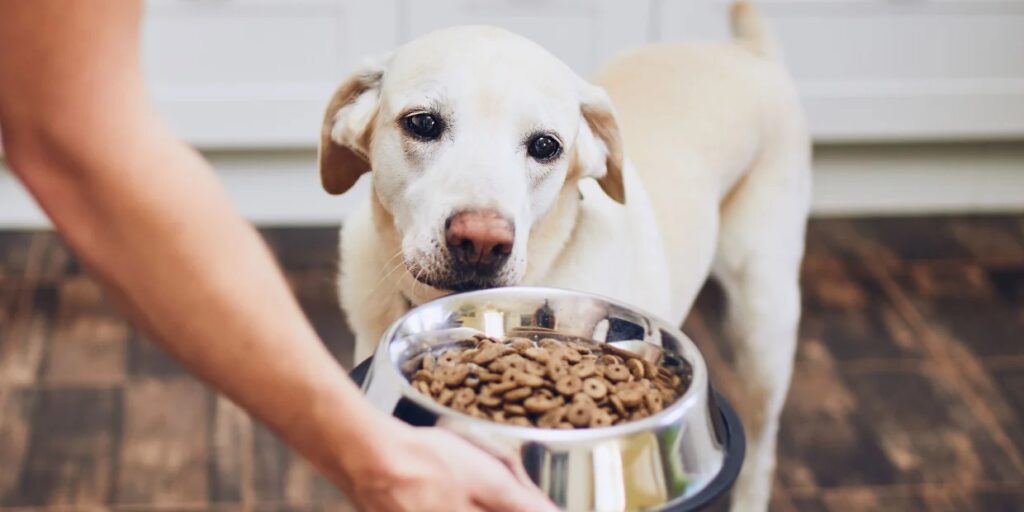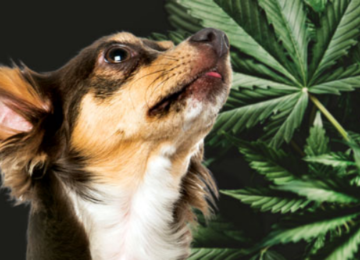Food allergies in dogs can hurt and scare their owners. Dogs may be sensitive to different meals, but real food allergies are chemical reactions. Knowing your pet’s food allergy symptoms helps you keep them healthy and address any issues quickly.
Warning Signs of Food Allergies
Common food allergies in dogs can mimic other health issues, making diagnosis difficult. However, several common symptoms may indicate a food allergy. These include rashes, itching, redness, and heat. If your dog scratches or licks certain areas a lot, they may be allergic.
Intestinal Issues
Stomach issues like vomiting, diarrhea, and gas can result from food allergies. If your dog develops stomach issues after eating particular foods, consider a food allergy. Watch for changes in your dog’s potty habits and contact your vet if the issues persist.
Get Ear Infections
Dogs with recurring ear infections may have food allergies. Food allergies can cause swelling, itching ears in dogs, which can be uncomfortable and lead to infections. Fluid, redness, and scent in the ears may indicate an allergy.
Health Issues over Time
Food allergies in dogs can cause long-term health issues if untreated. Skin disorders, excessive yeast growth, and inability to absorb nutrition are examples. Treat food allergies immediately to prevent complications and improve your dog’s life.
Elimination Diet
Your vet may recommend an elimination diet to identify an allergen in your dog. This includes feeding your dog fresh protein and carbs like sweet potato and deer. Reintroduce other foods gently, watching your dog for allergic reactions.
Log Your Meals
A food log can help you track your dog’s diet and identify sensitivities. Write down your dog’s diet, including treats and dinner leftovers, and any symptoms. Your vet can use this information to diagnose and treat your dog’s food allergies.
Talk to Your Vet
If you suspect your dog has food concerns, contact your vet immediately. Blood and skin prick testing can determine which allergies harm your dog. Your vet can also recommend food and medication for your dog.
Avoiding Common Allergies
Some compounds cause allergies in dogs more than others. Beef, chicken, dairy, wheat, soy, and corn allergies are frequent. Don’t buy commercial dog food or treats with these allergies. Avoid feeding your dog table scraps and allergen-laden human foods.
Watch Out For Cross-Contamination
Cross-contamination increases allergen exposure when the same equipment is used to produce various pet foods. Choose brands with excellent quality control to avoid cross-contamination. You may also want to replace your dog’s food occasionally to reduce allergen exposure.
Conclusion
Untreated food allergies can harm your dog’s health. By recognizing food allergies and avoiding allergens, you may help your pet live a happy and healthy life. For personalized information on managing your dog’s food allergies, talk to your vet. With proper care, you may reduce your dog’s food allergies and ensure a healthy, happy diet.












